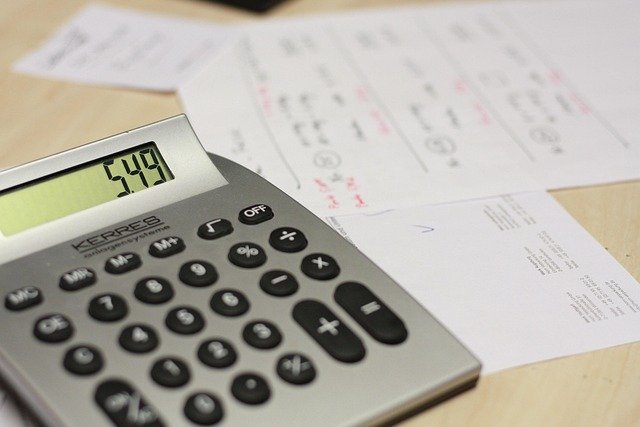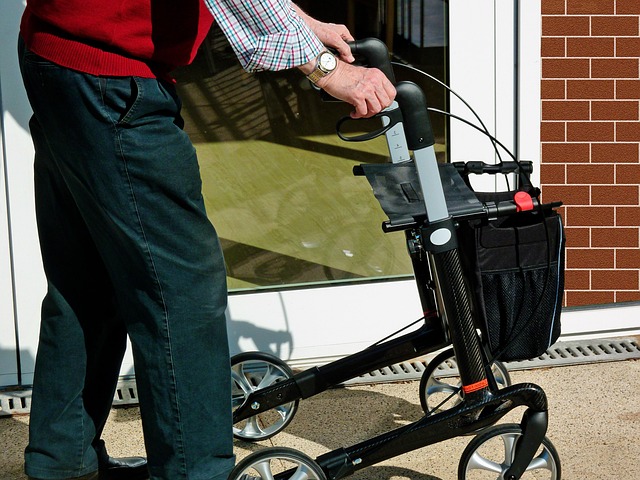Documents Every Rental Owner Should Keep for Claims
Organized documentation helps rental owners handle claims efficiently. This guide lists the essential records—leases, receipts, inspections, communications, and proof of maintenance—that support coverage, liability, and income protection when incidents occur.

When a loss, dispute, or liability incident occurs, clear and accessible paperwork makes the difference between a fast, successful claim and a prolonged dispute. Rental owners should collect records that prove ownership, document property condition, and record interactions with tenants and service providers. Keeping methodical files—digital and physical—reduces risk, clarifies deductible responsibilities, and speeds the claims process for coverage or relocation needs.
What rental paperwork should you keep?
Start with the documents that establish the rental relationship and terms. Keep signed leases, addenda, and any written amendments. Maintain move-in and move-out condition checklists with dated photos, security deposit ledgers, rent receipts, and records of rent collection. Screening documents—applications, proof of identity, and records of approvals or rejections—help demonstrate due diligence. These items support claims related to tenant-caused damage, unpaid rent, and coverage disputes by showing agreed terms and documented tenant responsibilities.
Which property records support coverage?
Preserve records that prove ownership and describe the property. Deeds, mortgage statements, property tax bills, and recent appraisals are useful for coverage verification. Maintain an inventory of fixtures and appliances with serial numbers and purchase receipts. Store dated photographic or video evidence of the property’s condition over time, plus warranties or service contracts for major systems. These records help insurers validate a loss, determine replacement value, and confirm that maintenance or security measures were in place prior to an incident.
How to document liability and tenant issues?
If an injury or dispute occurs, create detailed incident reports immediately: date, time, location, people involved, and a factual narrative. Collect witness contact information and statements, medical reports where applicable, and police reports for criminal incidents or accidents. Keep copies of written notices served to tenants and any correspondence about complaints or repairs. These documents support liability defenses or settlements by establishing timelines, showing prompt responses, and demonstrating reasonable care taken by the rental owner.
What claims and deductible documents help?
When filing a claim, insurers expect proof of loss and cost support. Keep contractor estimates, repair invoices, paid receipts, and proof of payment such as bank statements or cancelled checks. Preserve original receipts for items replaced, along with serial numbers or certificates of authenticity for high-value goods. Document pre-loss condition with dated photos and prior inspection reports to help limit disputes over preexisting damage. Track deductible payments and note which losses will apply toward the deductible for clear financial accounting during a claim.
How to track maintenance, security, and income?
Regular maintenance logs and service invoices show proactive property care and can reduce liability and coverage disputes. Keep records for HVAC, plumbing, roofing, and pest control visits, plus service contracts and warranty claims. For security, retain alarm service agreements, monitoring records, access logs, and relevant footage when legally permissible. Maintain a rent roll, bank deposit summaries, and tax-related income documents to support lost income claims or to verify rental income in a coverage review. Consistent documentation demonstrates attention to risk management and property upkeep.
What paperwork helps with relocation and screening?
If a claim requires temporary relocation, keep invoices and receipts for hotel stays, moving, storage, and other relocation expenses. Record approvals and communications related to relocation assistance. For screening, retain tenant applications, background checks where permitted by law, credit reports, and written screening criteria to show consistent tenant selection processes. Detailed screening records can be important in disputes involving tenant behavior, illegal activity, or lease violations that affect coverage or liability assessments.
Organizing these records in a reliable system—using date-labeled folders, cloud backups, and regular audits—makes claims easier to manage and reduces delays. Retain documentation for an appropriate statutory period and follow local privacy and consumer-reporting laws when handling tenant screening materials. Thoughtful paperwork practices protect property, clarify deductible responsibilities, and support fair resolution of claims and disputes.






